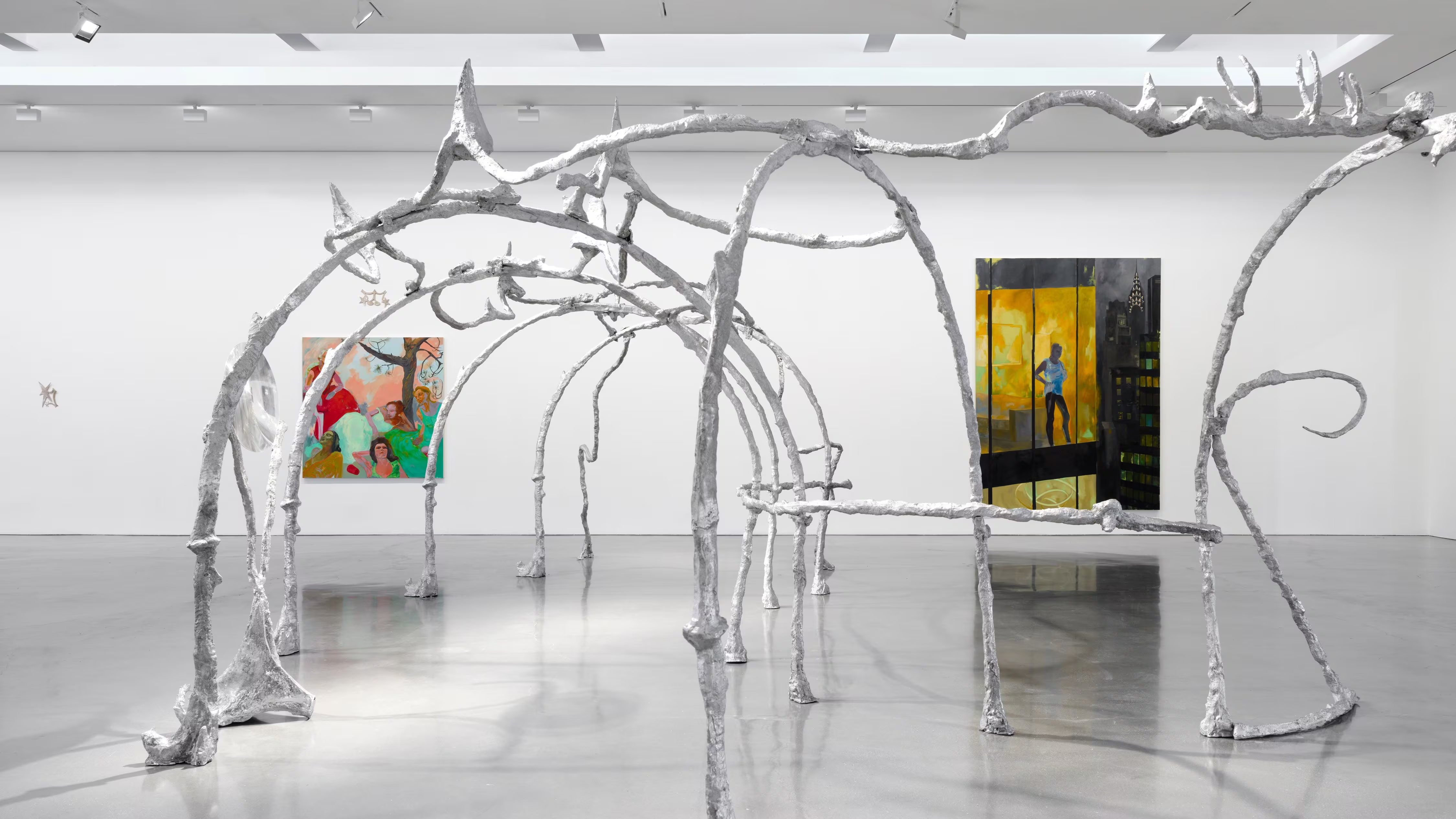
There’s no question that bread is one of the most universal food staples around the world. It starts with a foundation of flour and water dough, then some type of yeast or baking soda agent to leaven it before it's set in heat. Bread knows no boundaries; it’s consumed by the wealthy and those in need, on every continent, and across cultures. There are countless ways to prepare and consume it—on its own, slathered in butter, or dipped in olive oil. Bread can be savory or sweet, stuffed with fillings for a sandwich or soaked in milk and sugar for a dessert. The possibilities are endless.

But where did bread begin? Turkish Airlines is paying homage to the history of the diet staple through The Oldest Bread, a recipe culled from the artifacts and evidence of cultivated wheat discovered on the archaeological site Taş Tepeler in the southeastern Anatolia region of Türkiye. Twelve-thousand years ago humans transitioned from hunter-gatherers to a new way of life structured around agriculture and farming. “So many grinding stones, sickle blades are concentrated in this region,” says Professor Necmi Karul, archaeologist and Taş Tepeler project coordinator. “Therefore we can talk about it's a part of a sedentary and productive life.” Wheat domestication dramatically transformed both society and diets.
To commemorate the program, intercontinental business class passengers can enjoy specialty bread, which is made using the Einkorn and Emmer wheat—ancient varieties that grow in Anatolia—heated and packaged in a special bag, paired with butter and olive oil before meal service from now on. The airline tapped culinary historians Ömür Akkor, the chef behind Havuş restaurant in Istanbul, along with academic Çetin Şenkul to consult on its creation. “We are connecting 366 cities all around the world,” says Chairman of the Board and the Executive Committee of Turkish Airline Ahmet Bolat. “We are the best at connecting this airline located in the heart of the world, but also what we are now announcing to the world is that we are also connecting the cultures, civilizations.”
Evidence of the first human settlement was discovered in Türkiye, and those visiting the country that bridges Asia and Europe have the chance to engage with history—from the Byzantine structure the Hagia Sophia and the Ottoman-era Topkapi Palace to an indulging visit to the hammam (we had the privilege of enjoying a relaxing scrub and massage at the Mandarin Oriental). Not to mention the food: from rich baklava soaked in honey to rose-petal-coated Turkish delights and succulent kebabs and the wide variety of meze to Türkiye’s longstanding tradition of breadmaking.
“Our ancestors, 12,000 years ago, were working together, peaceful, in harmony,” says Bolat. “So they created peace. They created also the bread—the first bread.”







.avif)











.avif)


_result_result.avif)



.avif)

_result_result.avif)

_result_result.avif)
.avif)

_result_result.avif)


_result_result.avif)


.avif)




.webp)

.avif)















%20(1).avif)
.avif)




.avif)












.avif)


.avif)





















.jpeg)

.avif)

_11%20x%2014%20inches%20(2).jpg)







.avif)

.jpg)

%20(1).jpg)
.avif)
.jpg)

.jpg)
.webp)


.webp)



.webp)


.webp)


.avif)












.avif)
.avif)


.avif)












.avif)



.avif)




















-min_result.avif)









.avif)







3_result.avif)
_result.avif)






_result.avif)




.avif)




.avif)













_result.avif)




%2520(1)_result.avif)
_result.avif)


_result.avif)

_result.avif)
.avif)

.avif)







.avif)

.avif)










.avif)



.avif)


_result_result.avif)
















-min_result.avif)






.avif)
.jpg)
















_result.avif)

.avif)


.avif)







.avif)





.avif)

_result.avif)



.avif)






.avif)









.avif)


.avif)














.avif)




.avif)








.avif)

.avif)

.avif)



.avif)


.avif)




.avif)

.avif)

.avif)
.avif)
%20(1).avif)
.jpg)

%20(1).avif)








.avif)
.avif)

.avif)






.avif)


.avif)
.avif)



.avif)
.avif)


















.avif)
.avif)
